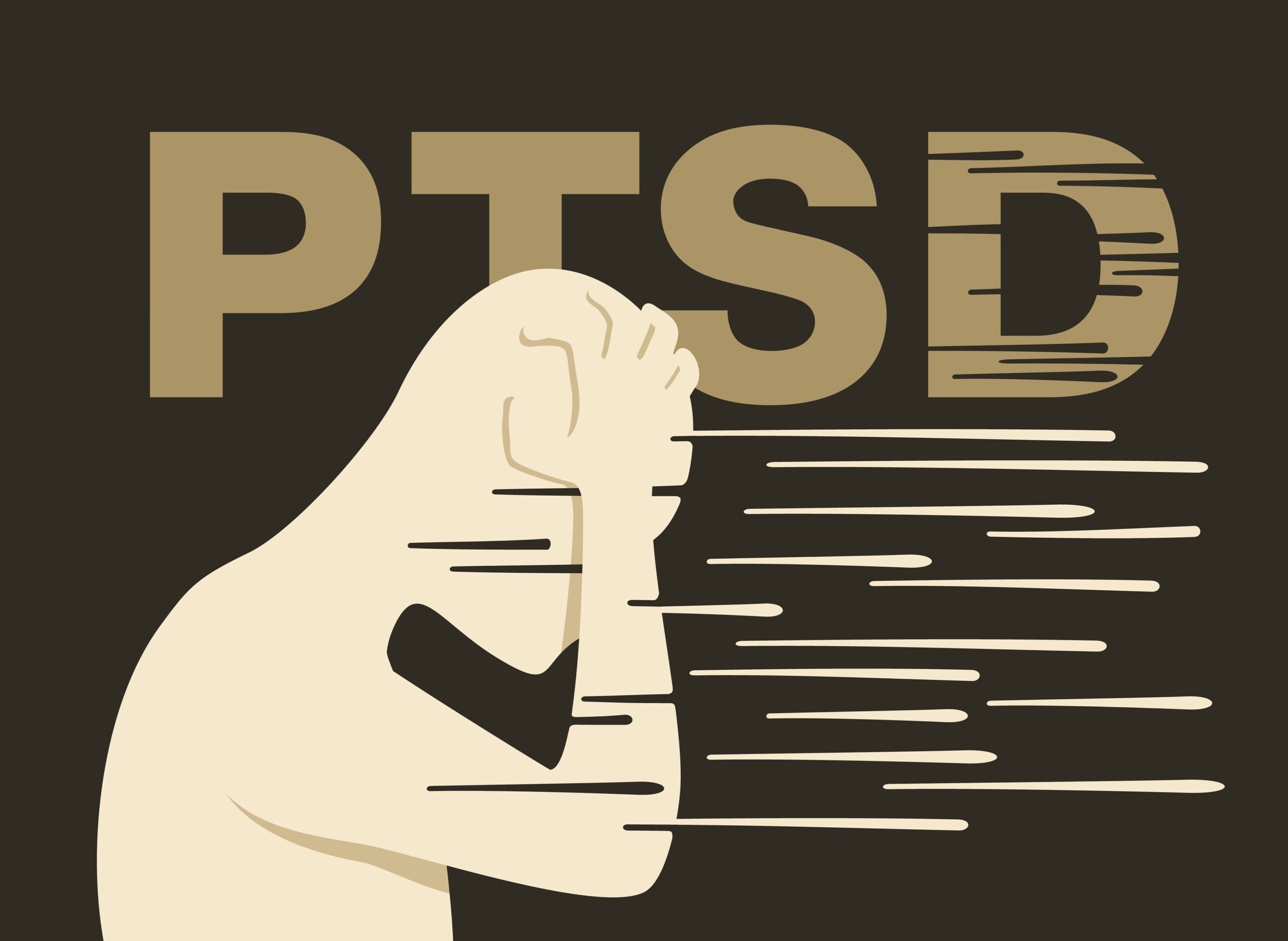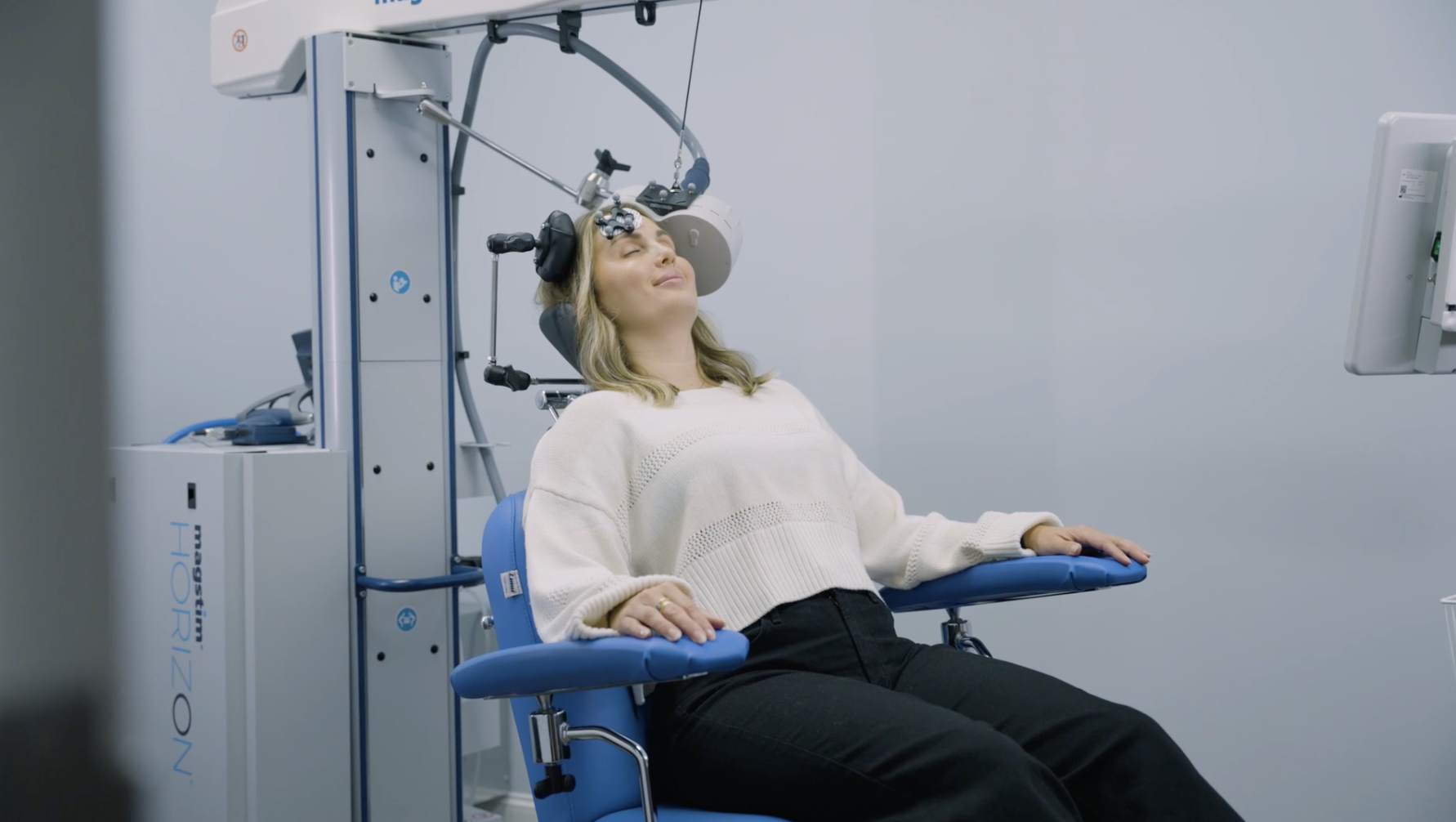Reclaiming Your Life: How Neurotherapy Helps PTSD Survivors Break Free from the Grip of Trauma
By Charles Miller, CRNA, CMO, Founder/Owner of Scenic City Neurotherapy
Post-Traumatic Stress Disorder (PTSD) is more than just a diagnosis. It’s an invisible prison that traps survivors in a relentless cycle of fear, hypervigilance, and emotional pain. The trauma doesn’t just linger in memories; it rewires the brain, making everyday life feel like an uphill battle. Relationships suffer, careers stall, and simple tasks become overwhelming. The weight of PTSD can make it seem like there’s no way out.
But what if there was a way to reset the brain’s response to trauma? What if survivors could finally escape the past and reclaim their lives? At Scenic City Neurotherapy, we specialize in cutting-edge Neurotherapy treatments, including Minimally Stimulated Ketamine Infusion Therapy (MSKIT®) and Transcranial Magnetic Stimulation (TMS), designed to heal the brain at its root, offering lasting healing and life-changing results.
In this blog, we’ll explore:
- The hidden burdens of PTSD and how trauma affects more than just the brain
- How Neurotherapy works to repair the brain’s trauma response
- Why traditional treatments often fall short and how neurotherapy fills the gap
- The science behind MSKIT® and TMS how they help rewire the brain
- True healing that moves beyond temporary fixes to reclaim control over life
The Hidden Impact of PTSD: More Than Just Symptoms
PTSD is often associated with flashbacks, nightmares, and anxiety, but its effects run much deeper. Trauma reshapes the brain’s structure and function, particularly in areas like the amygdala (fear center), hippocampus (memory processing), and prefrontal cortex (emotional regulation). This neurological disruption leads to the following:
- Chronic Hypervigilance: The brain stays stuck in “fight or flight,” making relaxation nearly impossible.
- Emotional Numbness or Overwhelm: Survivors may alternate between feeling nothing and being flooded with emotions.
- Social Withdrawal: Trust issues and irritability can strain relationships, leading to isolation.
- Cognitive Difficulties: Memory problems, brain fog, and trouble concentrating make work and daily tasks exhausting.
- Physical Symptoms: Insomnia, fatigue, headaches, and even autoimmune issues are common in PTSD.
Many survivors describe feeling like they’re trapped in their minds, unable to escape the past. Traditional therapies like talk therapy and medication can help manage symptoms, but they often don’t address the underlying neurological damage, leaving many feeling stuck.
Why Traditional PTSD Treatments Aren’t Always Enough
Standard PTSD treatments typically include:
- Psychotherapy (CBT, EMDR, Exposure Therapy): Helps process trauma but can be emotionally draining and slow.
- Medications (SSRIs, Anti-Anxiety Drugs): Mask symptoms but don’t repair brain function and often come with side effects.
While these methods provide relief for some, many survivors hit a plateau. The brain remains stuck in survival mode, reacting to triggers automatically, no matter how much the coping strategies are practiced.
This is where Neurotherapy changes the game. Instead of just managing symptoms, it targets the brain’s poorly communicating pathways, truly offering a way to heal from within.
How Neurotherapy Resets the Impaired Brain
At Scenic City Neurotherapy, we use MSKIT® and TMS – two modern therapies that help the brain reawaken dormant neural pathways and form new ones. This process helps clear out deeply ingrained traumatic patterns and supports the restoration of healthy brain function.
1. MSKIT® (Minimally Stimulated Ketamine Infusion Therapy)
MSKIT® is an advanced therapy that utilizes ketamine, an anesthetic that has been around since the early 1960s, to optimize global brain function.
- How It Works:
- Ketamine is administered intravenously (IV) at low doses in a private, safe setting, monitored by an expert medical team.
- The ketamine activates neuroplasticity through a chain reaction stimulated by the release of a neuroregenerative protein called brain-derived neurotrophic factor (BDNF).
- Follow-up with a coach or therapist ensures you put these newly formed pathways to use in everyday life.
- Benefits for PTSD:
- Reduces flashbacks, panic attacks, and emotional triggers
- Restores a sense of safety and control
- Improves sleep, focus, and emotional stability
2. TMS (Transcranial Magnetic Stimulation)
TMS is an FDA-approved, non-invasive brain stimulation therapy that uses magnetic pulses to activate underactive brain areas.
- How It Works:
- Targets the prefrontal cortex (responsible for emotional regulation) to strengthen its connection with the amygdala (fear center).
- It helps reduce overactive fear responses and improves mood stability.
- No sedation or recovery time. Patients remain fully alert during sessions.
- Benefits for PTSD:
- Decreases anxiety, depression, and intrusive thoughts
- Enhances clarity, decision-making, and emotional resilience
- Provides long-lasting relief without medication side effects
Beyond Symptom Management: A Path to True Healing
The key difference between Neurotherapy and traditional PTSD treatments is lasting healing versus temporary relief – or none at all.
- Medications often suppress symptoms without addressing the root cause, leaving people feeling numb or stuck in a place they don’t want to be.
- Talk therapy helps process trauma but doesn’t always change the brain’s automatic reactions.
- Neurotherapy rewires the brain itself, allowing survivors to:
- Respond calmly instead of reacting fearfully to triggers
- Regain emotional control without numbness or overwhelm
- Rebuild relationships with trust and connection
- Rediscover joy without the shadow of trauma
Real Hope for PTSD Survivors: Reclaiming Your Life
PTSD doesn’t have to be a life sentence. At Scenic City Neurotherapy, we’ve seen survivors who felt hopeless for years finally break free from trauma’s grip and rebuild the lives they want and deserve.
If you or a loved one is struggling with PTSD, know this: Healing is possible. You don’t have to stay in survival mode. Neurotherapy provides a safe, science-backed path to reclaiming your mind, your relationships, and your future.
Take the First Step Toward Mental Freedom
Ready to explore how Neurotherapy can help you or a loved one heal from PTSD? Contact Scenic City Neurotherapy today to schedule a no-cost consultation and discover how MSKIT® and TMS can help you reclaim your life.
📞 Call us at (423) 228-0579
🌐 Visit our website: https://sceniccityneurotherapy.com/
You made it through the trauma. Now let’s help you live beyond it.
About Scenic City Neurotherapy
Founded in 2019, Scenic City Neurotherapy is at the forefront of advanced and comprehensive treatments for those facing treatment-resistant conditions. Our mission is to optimize brain function and elevate well-being through cutting-edge therapies. We specialize in two pioneering approaches: Minimally Stimulated Ketamine Infusion Therapy (MSKIT®) and Transcranial Magnetic Stimulation (TMS).
If you are exploring innovative solutions for mental health, chronic pain, and other neuro-degenerative conditions, Scenic City Neurotherapy offers transformative treatment options. Join us in leading the charge towards groundbreaking brain optimization treatments and empowering individuals to reclaim their lives.
Contact Founder and Chief Medical Officer, Charles Miller today to learn more about our proven protocols for Minimally Stimulated Ketamine Infusion Therapy (MSKIT®). Call 423-228-0579 or visit www.ScenicCityNeuro.com.














